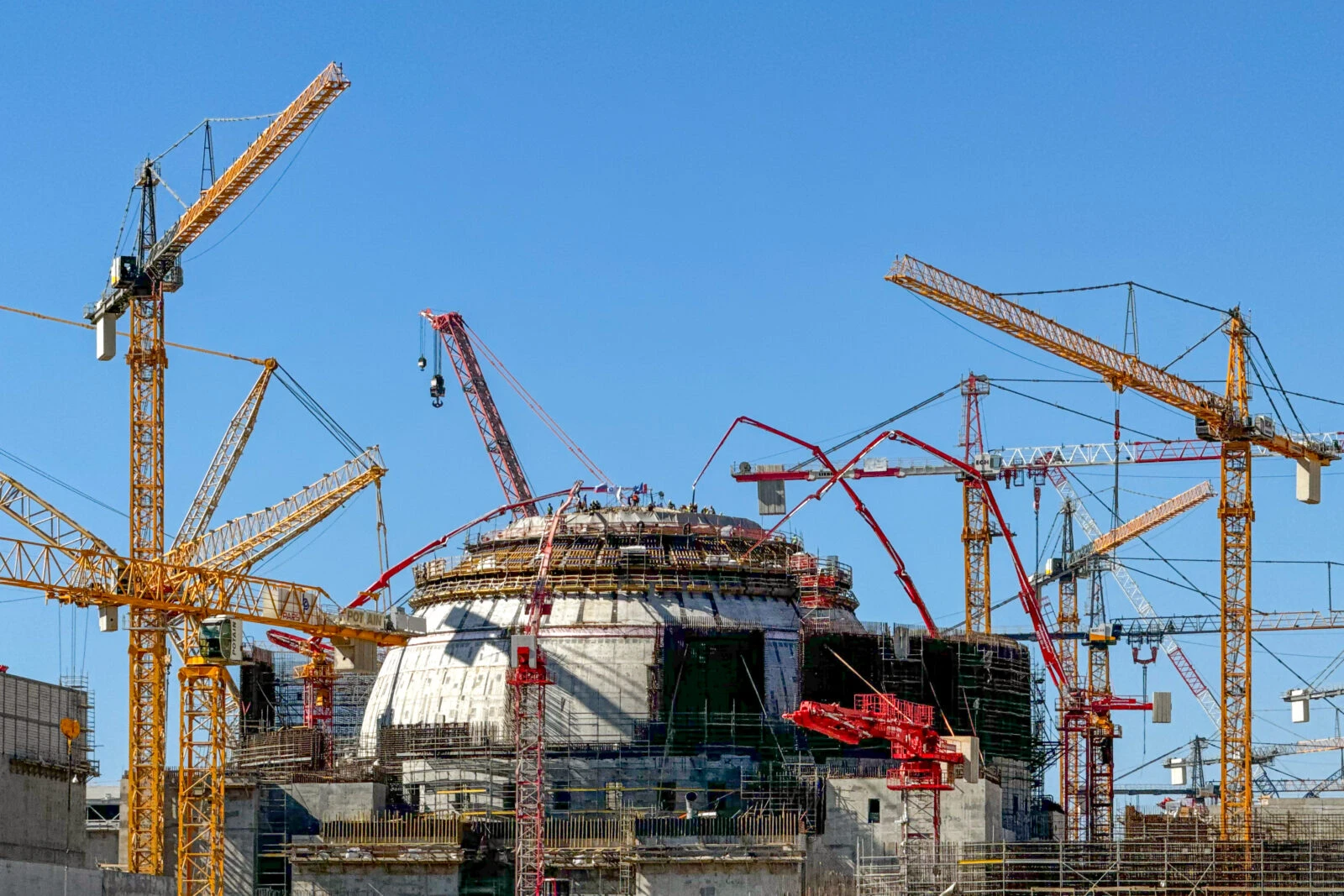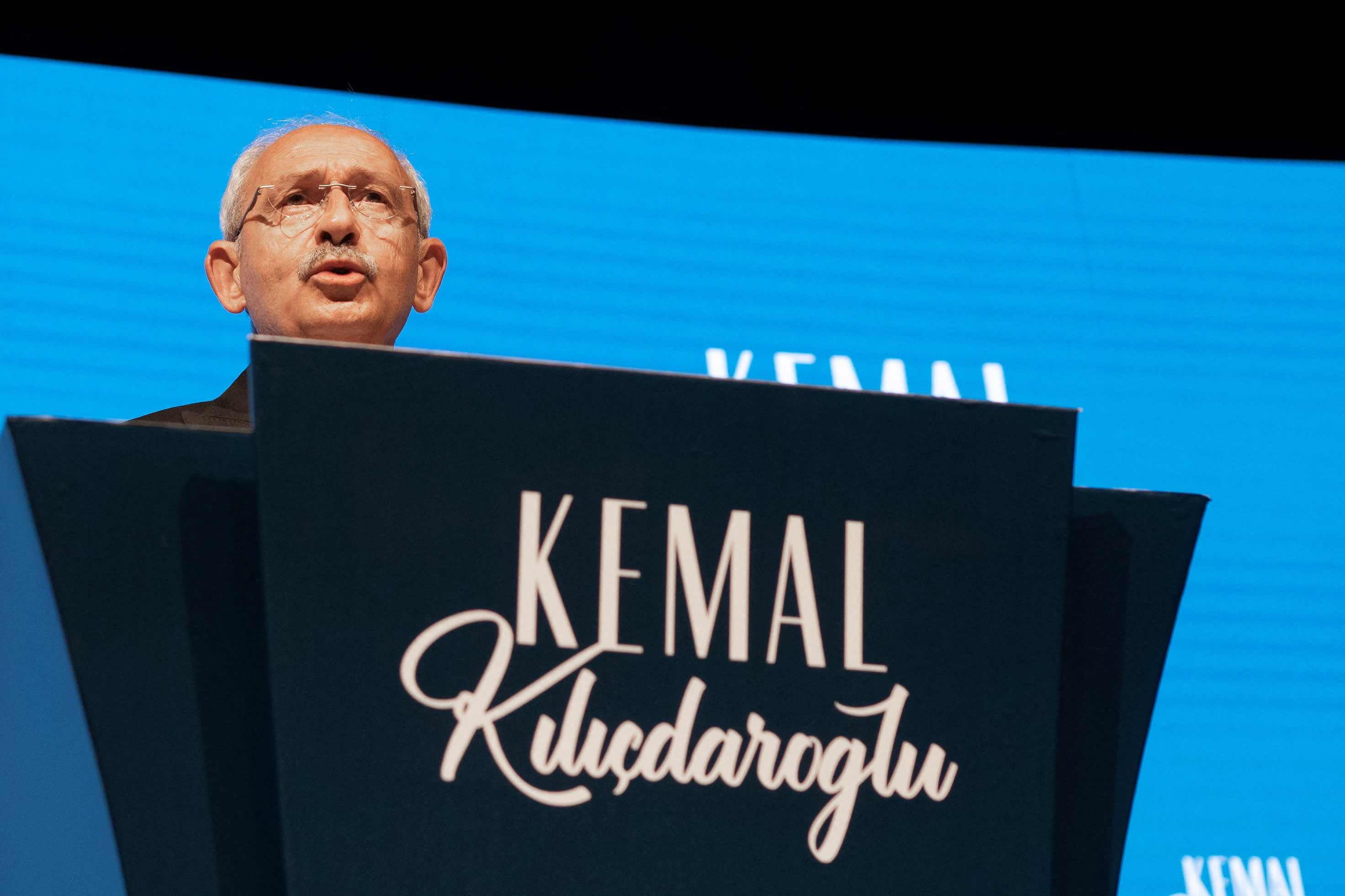Iran’s Silent Coup
Reformist deputies in the 290-member Majlis legislative assembly, 83 of whom have been prevented from standing for reelection, have staged a sit-in protest at the Majlis since Jan. 10, when the Guardian Council announced the ban. In this unsigned editorial, Tehran’s reformist Yas-e No turns the charge against the Guardian Council, arguing that their ban undermines the republican aspects of the Islamic Republic of Iran’s constitution.
For the past few years, the conservatives have called the reformists’ peaceful and legal efforts to modernize Iran’s legal and political structure a “silent overthrow,” a “legal and parliamentary coup,” “the crawling metamorphosis,” and so on. Meanwhile the reformers, emphasizing the importance of abiding by the law and defending the integrity of the system, have been working only to revive a neglected and wronged aspect of the political system. They have been striving to restore the “republic” in the Islamic Republic of Iran, rather than thinking only of the “Islamic.”
Conversely, there are individuals and parties who, because of the enmity they have for the reformists and in order to keep their rivals from entering the beehive of power, seek to change the structure and nature of the political system and poke holes in some of its main pillars and institutions.
Taking away the power and authority of the elected executive and legislative branches of government—two pillars of the Islamic Republic—represents nothing less than a direct attempt to destroy the republic. This usurpation will indirectly lead to the collapse of the Islamic Republic
When the Guardian Council took the questionable and unprecedented action of disqualifying a large number of the present Majlis [Parliamentary] deputies and other political activists from running in the next election, it in effect staged a bloodless coup. Disregarding the will of the majority who voted these deputies into office, they sought illegally to change the makeup of the government.
Even if this action achieves what the conservatives want, it will not bring a shred of legitimacy to those who end up holding power illegally.
We should not forget the arguments [Ayatollah Ruhollah] Khomeini used to challenge the legitimacy of the [shah’s] undemocratic Majlis and its laws before the victory of the Islamic Revolution [in 1979]. Did he not say that government officials who were victorious in competitions without any rivals, people who got their mandate from rigged elections, did not have the right to legislate as representatives of the people?
We do not need to go too far back, because Khomeini dealt with the behavior of the Guardian Council in the third Majlis elections [in 1988] and all of his repeated statements are still in front of us. [After the war with Iraq ended in 1988, Khomeini called for stricter adherence to republican ideals.] But evidently some people want to use his name as cover to distort his priceless heritage, the Islamic Republic.
Can we still call the political system a republic if the Guardian Council, rather than the people, elects the Majlis deputies?
We have repeatedly insisted on the golden phrase, “The people’s votes are the mandate.” That phrase is the true, rare nature of the Republic. What is interesting is that, in this statement, the imam [Khomeini] did not present the words, demands, opinion, or will of the people as something that could be interpreted or analyzed. Instead, he explicitly introduced the votes of the people as the mandate for and the basis of government. He certainly meant those votes that are placed in ballot boxes. So it can be said that the future of the people and the country should be determined through free elections and the votes of the people. Those votes are the only basis for a government’s legitimacy. Any effort to limit the people’s right to vote changes the structure of legitimate power in Iran and spurns Khomeini’s political heritage


